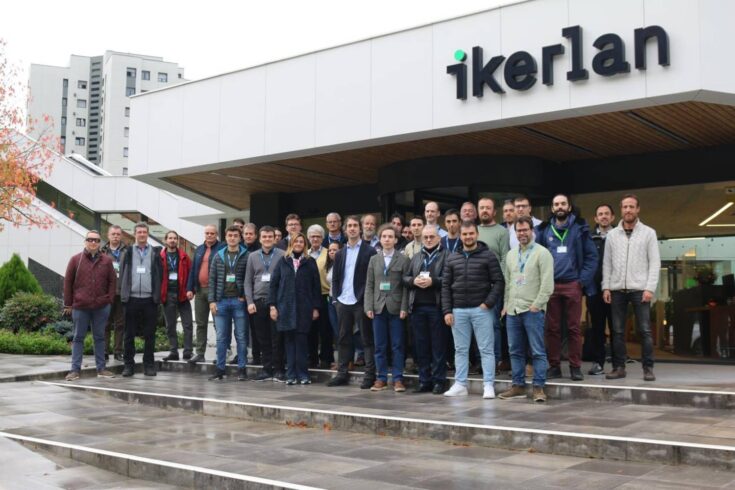The UK government has invested over £100 million in self-driving vehicles, predicting up to 38,000 new jobs will be created in the autonomous vehicle industry. There are other benefits to adopting self-driving vehicles, for example, they could:
- make our roads safer by reducing the number of accidents caused by human error
- help connect people in remote areas to jobs and services like healthcare and education
Despite some wariness, people are willing to use self-driving vehicles and are more likely to use them when shown how safe the technology is.
Smarter encoding to improve energy efficiency
Smart monitors are one way to improve the safety of autonomous vehicles, but until now have been a significant drain on electric-vehicle batteries, reducing their range by up to 30%. As part of the Horizon Europe project NimbleAI, the University of Manchester is working on a neuromorphic chip inspired by animal and human vision and modelled on the brain’s neural network to reduce the energy demand and improve the performance of smart monitors.
Similar to how the brain processes visual information, the technology works by reducing the amount of data that needs to be processed. It does this in two ways. First, by encoding only changes to the visual field (that is, if there are no changes in a specific area from one moment to the next then no information is recorded for that area) and second, by encoding visual data at different resolutions, high resolution for the area containing important information, and low resolution for areas of less importance.
By encoding only the most important information at high resolution, significant energy savings can be made. The project hopes to achieve a 100-fold improvement in energy efficiency over existing technology.
‘Problem-free’ guarantee funding for the project
NimbleAI is one of many Horizon Europe projects that the UK continues to participate in. During the delay to UK association to the EU funding programme, UK Research and Innovation is guaranteeing funding to UK researchers and innovators who apply successfully to Horizon Europe.
Dr David Jackson, a Research Fellow at University of Manchester, said:
Once we’d got a handle on what we had to do to apply for the guarantee funding, it wasn’t particularly onerous. The funding and the guarantee itself didn’t seem to be a problem in any way, shape or form. We’re very glad it was there because otherwise we wouldn’t have been able to participate in this project.
NimbleAI’s technology has potential applications in other areas besides autonomous vehicles, including medical imaging and wearable eye tracking glasses. The consortium behind the project is made up of research organisations and companies from several European countries, including Italy, Spain and Austria.

